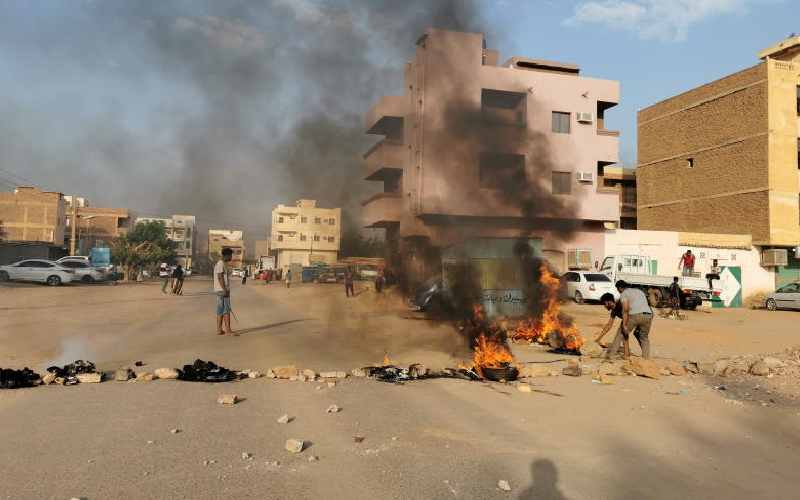According to Khartoum International Airport, the Sudanese civil aviation authority has extended the shutdown of Sudan's airspace until July 31, except for humanitarian relief and evacuation flights with approval from authorities.
Sudanese airspace was blocked to regular travel in mid-April following a military battle between the country's army and the paramilitary Rapid Support Forces (RSF).

According to eyewitnesses and an official, a Sudanese army air strike on the capital killed at least 22 people and injured many more, including children and women.
The bombing occurred early Saturday in the Dar es Salaam suburb of Omdurman, on the other bank of the Nile from the capital Khartoum. Since April, the army and a paramilitary have been fighting to control the capital.
Did you read this?
The paramilitary group said the strike "caused significant destruction to homes."
The violence has "appalled" UN Secretary-General Antonio Guterres, who fears the dispute will escalate into a full-fledged civil war, potentially destabilizing the entire region. He urged both sides to end the fighting and safeguard civilians.

Much of Khartoum and its twin cities of Omdurman and Bahri are under RSF control. The army has launched periodic artillery and air operations to dislodge the paramilitary forces. However, it is believed that Saturday's assault may have resulted in one of the highest mortality tolls from a single attack.
The capital's civilian population is afraid after twelve weeks of conflict. Shops and marketplaces are rarely open, and nearly all medical services are closed.
Clashes have moved outside the capital, notably to the western Darfur region, where ethnic violence has erupted.
Hundreds of people have been slain around the country, and nearly three million people have been displaced.

-1688972334.jpg)







